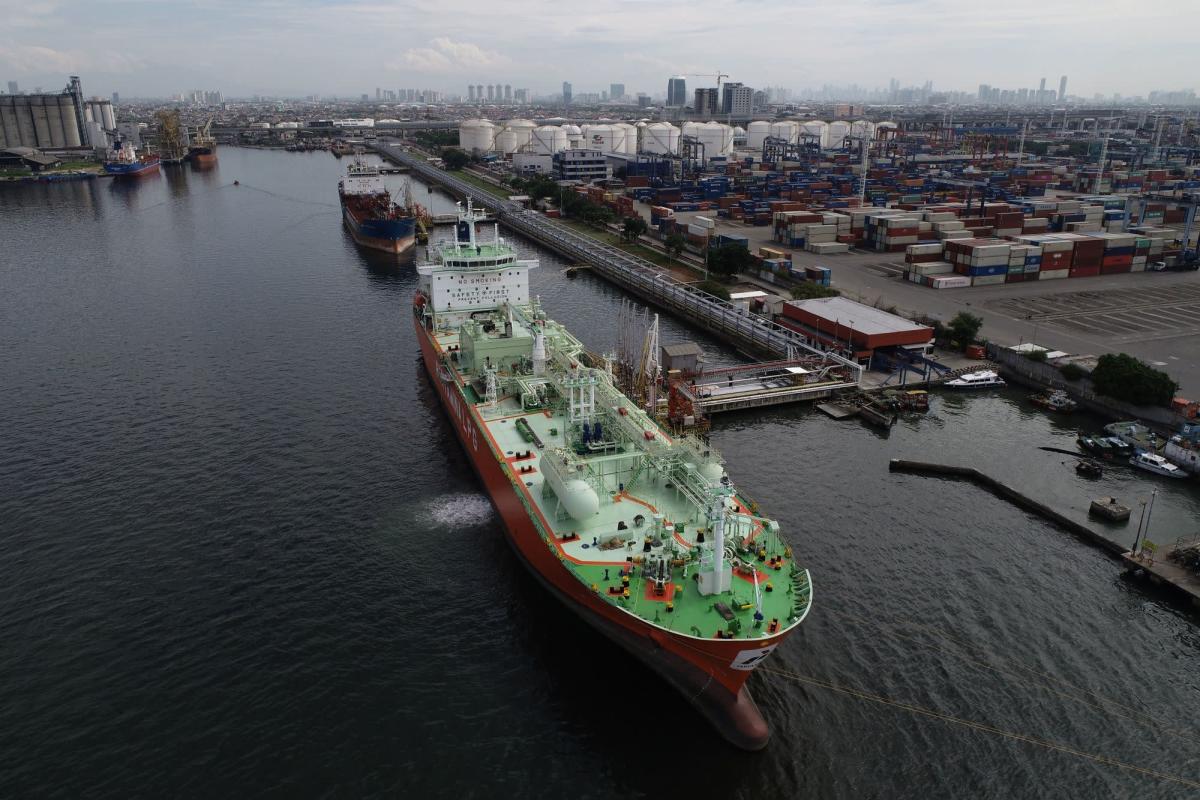
(Bloomberg) — Demand destruction is the only thing that can stop oil shooting higher after the U.S. and European allies unleashed additional curbs on Russia following its invasion of Ukraine, according to Goldman Sachs Group Inc.
The bank raised its one-month forecast for Brent crude to $115 a barrel, from $95, with significant upside risks on further escalation or longer disruption.
Western sanctions will tighten significantly after the announcement that some Russian banks will be banned from the SWIFT international payment system and that the country’s central bank reserves will be targeted, analysts including Damien Courvalin and Jeff Currie said in a note dated Feb. 27. While carve-outs still likely allow for energy and food trades, the hurdles created for payments should exacerbate the already visible commodity supply shock, they said.
“Commodity markets need to reflect not only these difficulties in paying for Russia’s exports but, with little left to sanction, the risk that Russian commodities eventually fall under Western restrictions,” the analysts said. That’s an outcome no longer being ruled out by the U.S., they added.
The short-term price upside for oil is $110 to $120 should 2 to 4 million barrels a day of demand destruction be required to compensate for a commensurate one-month loss of Russian exports, Goldman said. The price-induced shale supply response would no longer be a suitable rebalancing mechanism for such a potential large shock, with Russia exporting about 7.3 million barrels a day of seaborne crude oil and petroleum products, it said.
The only potential short-term supply response would need to come from the OPEC+ alliance, which is set to meet later this week, according to Goldman. A surge in output from Saudi Arabia and the United Arab Emirates, along with a lifting of U.S. sanctions on Iran may boost daily global supplies by 2 million barrels in the next few months, with an internationally coordinated reserves release helping to bridge the gap, it said. But that would come at the expense of a depletion of spare capacity, pushing prices higher, the analysts said.
©2022 Bloomberg L.P.